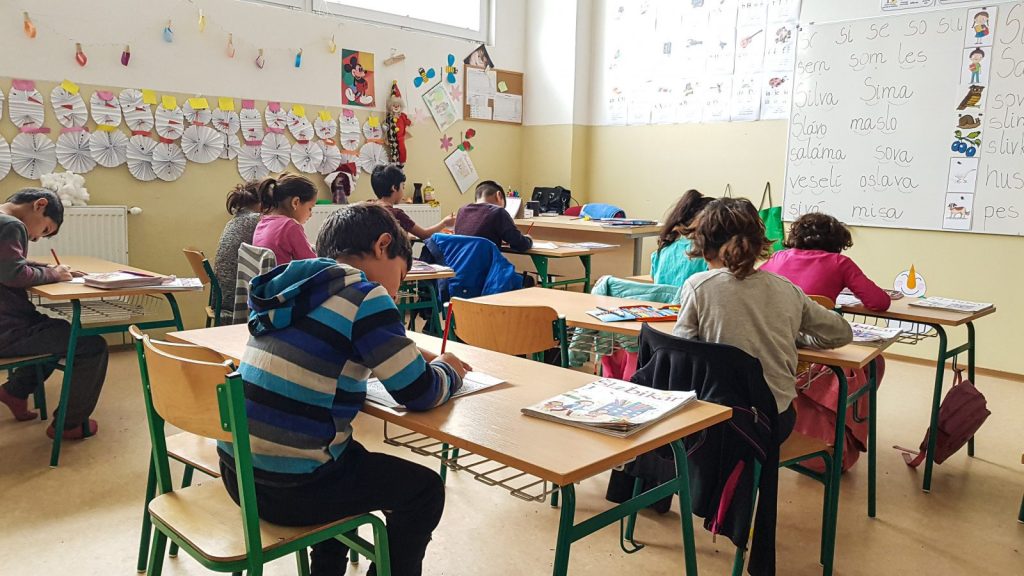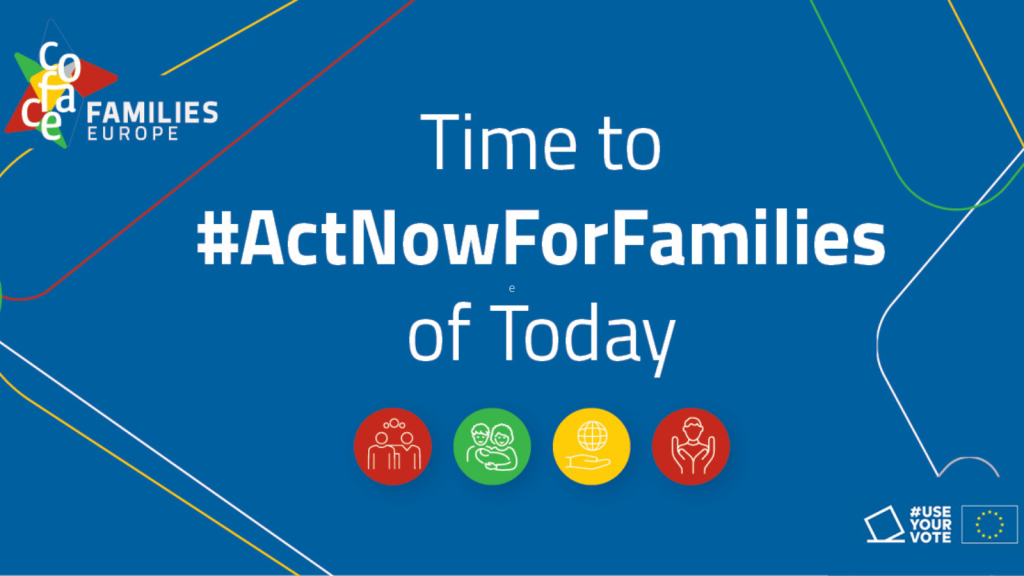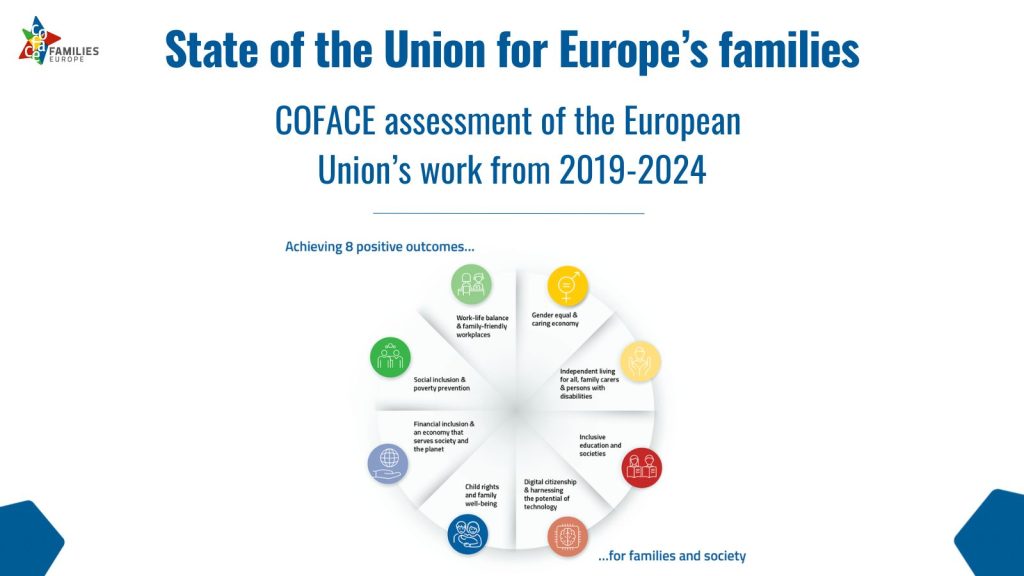For years, the European Union has struggled to overcome accusations of crises, malfunctioning or bureaucracy. One of its worst climaxes was during the Brexit referendum. Tons of Eurosceptic messages coined the public debate on the island which ultimately led, as we sadly know, to the UK leaving the EU. But people in other countries affected by low economic growth and financial crisis have also been viewing the Union from a simplified perspective and talking about it in a mode of discontentment. Why is it so hard for the European Union to connect with its citizens?
Many blame the critical sentiments on a lack of effective communication on the benefits of Europe, leading to a growing detachment between the Brussels-based EU and its citizens. Indeed, it is undeniable that Brussels is a bubble and the felt reality in it differs from the local and regional realities in Europe. But an explanation like this is not an excuse and, even if closing the communication gap might seem like a Herculean task, it is time to tackle it properly.
In the last years, acknowledgment of the problem was made. In 2006 the European Commission published a white paper on a European communication policy which highlights that “Europe’s communication with its citizens has not kept pace” but that “communication is essential to a healthy democracy.” Ten years on, with the shocking results of the Brexit referendum in the back of everyone’s minds, European Heads of States and Governments turned again towards communication, emphasizing the “need to improve the communication […] most importantly with our citizens” in the Declaration of Bratislava.
Easier said than done. One of the main problems, which has not changed in the last decade, is a missing common European public sphere. This is easily explained due to three phenomena – firstly, the news coming from Brussels is filtered through a national lens for a national audience which has never really learned to think and debate “European”. National journalists creating the news in Brussels are from national media broadcasters (with a few exceptions) and are in conversation mainly with their national politicians who have the task of representing all of Europe but in reality focus on communicating to their national audience in order to get re-elected.
Secondly, direct communication, which means from Brussels to citizens without an intermediary person like a journalist, has always been a challenge due to the difference in perceptions. Brussels-based people working in the EU bubble are usually rational with quite some technical insight into how the EU is working. Their rational communication clashes with those of the outsiders, who are much more moved emotionally and, with already negative preconception of Europe in mind, are more receptive to clear, easy messaging which supports their preconceptions. For the Brussels communicators this means to talk a language which they have never spoken before and using tools which they have no instructions for.
The last catalyst for the difficulties in establishing effective communication to Europe’s citizens is the digital and technological change. No longer do we have a public sphere as originally introduced by German philosopher Jürgen Habermas who described it as a vibrant realm where anyone can come together and have a critical debate on public matters. He saw the public sphere as a necessary force in the functioning of a modern democracy because only through a well-informed public and public debate can democracy be valid and survive. Thus communication and a functioning democracy are closely connected. However, nowadays the public sphere has (partly) shifted into a digital one with new phenomena, like filter bubbles, and new players, such as Facebook, which Habermas had not foreseen and which the EU has yet to catch up on.
Social media companies and disinformation have started to shape the debates in the public spheres in Europe. We have seen the negative influence in the presidential elections in the USA and during the Brexit referendum in the UK. Research on the European Elections has shown only a minimum of interference. However, we shouldn’t celebrate too early but acknowledge and act upon the threats of the new players. So far Europe has put their hands in their laps and watched others, often foreign powers, determine our public debates. For more many years, a fake online media outlet called EP Today claiming to be the “monthly news magazine for the European Parliament” featured almost only articles which were exact copies of Russian Today articles. As recently exposed by EU’s East SratCom Task Force the magazine tried to create the impression of an EP-run platform in order to influence and mislead readers. To fight such disinformation Europe needs a strong vision on what kind of digital world we want to live in and then fight for it to keep our communication and democracy safe.
So let’s put communication on the top of the priorities and not let others decide with their disinformation what we see, debate, believe, and vote for, it is about the fate of European democracy. The next chance to shape this will be the Conference of the Future of Europe, where all institutions together with civil society will be discussing and hopefully creating clear objectives on how to reach citizens and fight disinformation. Already Hannah Arendt warned Europe “if everybody always lies to you, the consequence is not that you believe the lies, but rather that nobody believes anything any longer.”
______________________________________________________________________________________
**DISCLAIMER: All opinions in this article reflect the views of the author, not of COFACE Families Europe**
About the author:
Isabell Wutz is the Communication Officer at COFACE Families Europe working on development and implementation of online and offline communication strategies for EU projects, campaigns and events. She holds a Master’s Degree in Art, Media and Society from the University of Tilburg (Netherlands). She has gained experience in the private sector, different civil society organisations as well as the European Parliament.





